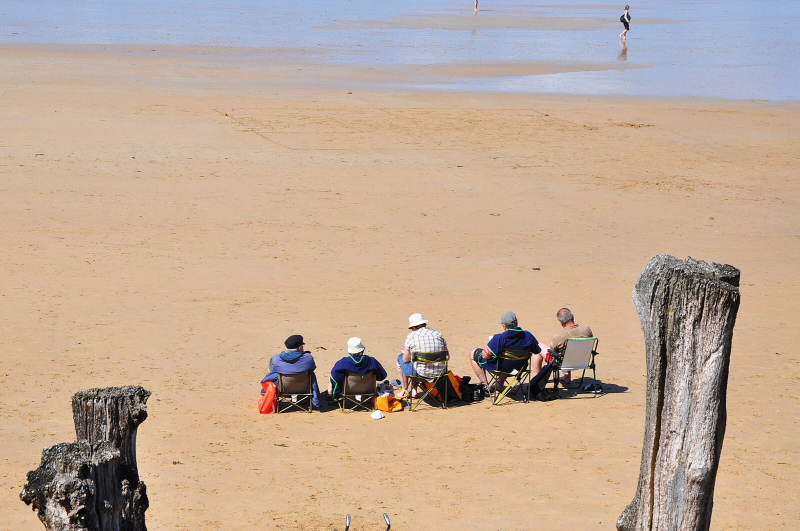As The Mind Ages
Today, a well-tempered mind. The University of Houston presents this series about the machines that make our civilization run, and the people whose ingenuity created them.
______________________
Decades ago an elementary school teacher told our class about a short story with a fascinating premise. The memories have long lingered with me, growing ever more poignant in recent years.
Flowers for Algernon tells of a mouse named Algernon and a young man named Charlie Gordon, both of whom undergo experimental surgery intended to make them smarter. Charlie is chosen because of his limited cognitive abilities. The surgery proves to be a success when a few months later Charlie finds himself a genius – performing advanced math, learning new languages, and reading complex materials at an accelerated rate. The mouse Algernon shows heightened intelligence, too, navigating complex mazes with ease. Everything is looking up for Charlie, Algernon, and the doctors overseeing the experiment.

But here the story takes a turn. The results of the surgery prove to be fleeting, and both Charlie and Algernon slowly revert to their earlier selves. The reader is left to experience both the rise and fall of intelligence and all that goes with it.
Flowers for Algernon won multiple awards, was lengthened to a book, which also won awards, and was made into a movie. I recently went back and read the entire story. The landscape provided by Charlie’s journey is rich for exploring questions of cognitive awakening, the nature of intelligence, the burdens of self-awareness, and cognitive decline.
Here, however, let’s consider the parallels between Charlie’s journey and our own. Infants aren’t born intelligent, but they grow more intelligent by the day. Numbers. Reading. Social interaction. All things we learn over the years, reaching a high level of functioning intelligence when we become adults.

As we grow older we grow wiser – the product of a lifetime of experiences. But the brain, and with it the mind, ages. Just as we find bending down or carrying heavy items gets harder as we get older, so do mental gymnastics. Forgetting names and words is so common that seniors are quick to forgive one another (and forget). Alarm clocks and to-do lists become more essential than ever as the mind tends to get lost in whatever is transpiring right now. Sleep patterns change, with naps becoming part of the daily routine. Short term memory declines. What did I do yesterday? Why did I enter this room? Meanwhile, long-term memories surface unexpectedly, as if out of nowhere. Why am I thinking of that first haircut with my grandfather in such great detail?
Some people experience true dementia, a debilitating disease that should not be lightly dismissed. But the reality is that for all of us some degree of cognitive decline is a part of growing older. Recent research indicates that engaging in mental exercise may help slow the process. But whether it does or not, learning a new skill or engaging in good conversation simply makes life more enjoyable. It’s certainly more fulfilling than getting mindlessly lost on the internet.

With that, I think I’ll go read a book.
I’m Andy Boyd, at the University of Houston where we’re interested in the way aging minds work.
(Theme music)
For related episodes, see AGING, ABOUT AGING, AGING BRAIN, and
CREATIVITY AND THE END OF LIFE: AGING AND SUICIDE.
The image of the mouse was created by Adobe Firefly.
All other images are from Wikimedia Commons.
This episode first aired August 21, 2025.